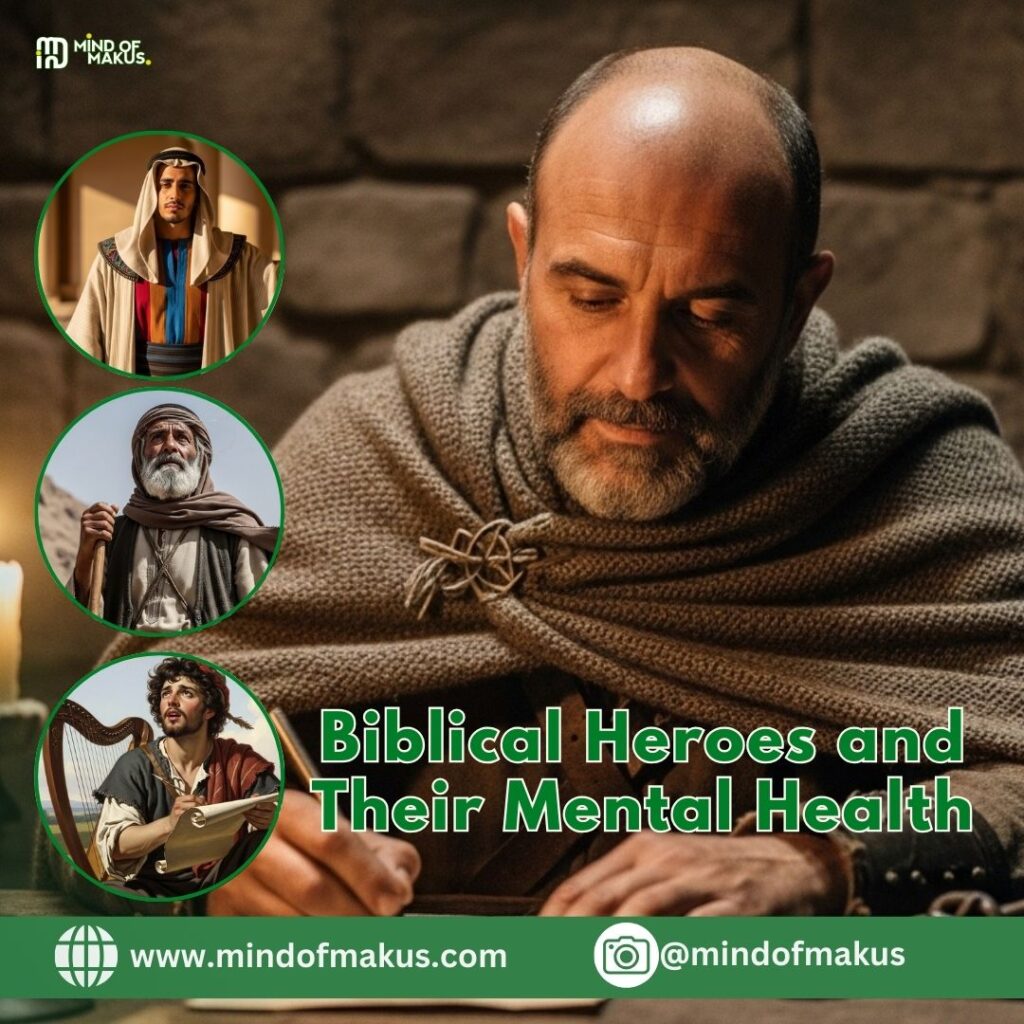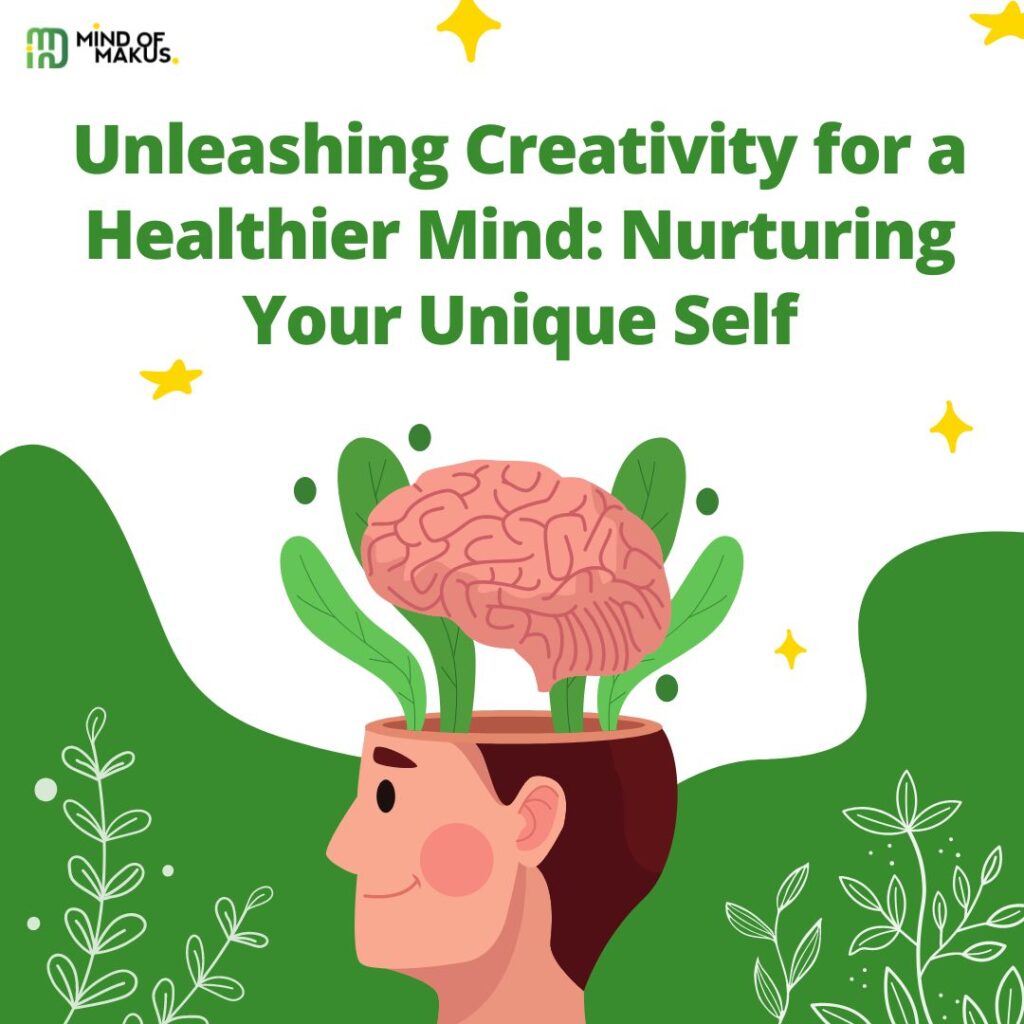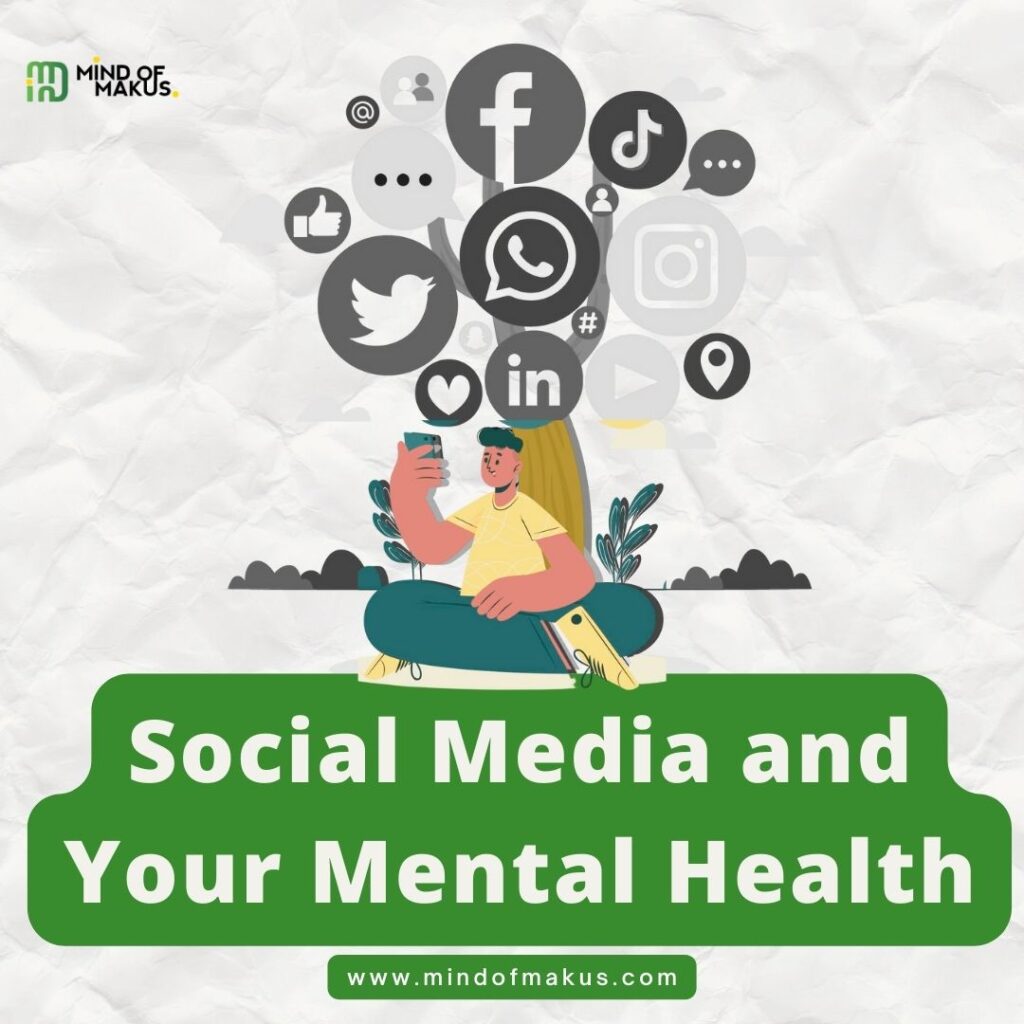Hello dear friend,
How are you getting on this week? The heat is hot and we are not complaining. What’s the correlation between rising ambient temperature and traffic. Anyone know? Because the traffic these days is actually unbecoming.
I have been looking forward to sharing my thoughts on mental health from a religious perspective. Seeing as sometimes that word “faith” can be the thing that keeps us alive and yet also the thing that keeps us in denial, stuck in repeated negative cycles that don’t work.
What does faith mean to you?
In an age where mental health is finally gaining the attention it deserves, we often forget that the Bible—the most read book in history—is full of emotionally rich, vulnerable, and psychologically complex individuals. From Abraham’s fear to Job’s fear to Paul’s despair. The women who are also not left out, Esther, Ruth, Mary, Jezebel, all sorts of character traits and struggles. The Bible doesn’t shy away from showing us what it means to be human.
Emotional wellness isn’t new. It’s woven into the stories of faith, pain, courage, and healing that the scriptures have preserved for generations. Let’s explore how these biblical figures navigated their emotional landscapes and what we can learn from them today.


1. Abraham: Anxiety, Faith, and Letting Go
Abraham is a man whom we now refer to as the father of faith. He took a journey that was marked by deep emotional tests: the fear of barrenness, the stress of uprooting his entire life, the struggle with allowing his nephew to leave, the emotional turmoil of praying for a people who were destined for destruction, and the heart-wrenching call to sacrifice Isaac.
Abraham’s emotional wellness rested in trust, leaning into God’s promises even when everything looked uncertain. He teaches us that faith doesn’t eliminate fear; it holds us steady through it.
His lessons were learnt line upon line; he didn’t wake up suddenly and have faith. We must learn to trust in little things, and eventually, the big things will make sense. Let go.
Reflection: Faith can help regulate anxiety by anchoring us to something greater than ourselves. It is also one of the strongest protective factors from self-harm and suicide. The belief that something greater than you is working out a better future for you, helps you try again, give up less, trusts in a better outcome, and therefore, stays well.
Subscribe to My Newsletter
If you doubt it, check how often you abandon your faith (faith gathering, personal study or prayers) when you are down. It is because that’s what the devil often comes after. The very thing that keeps you going.


2. Joseph: Betrayal, Grief, and Forgiveness
A real lesson on what it means to forgive, a worthy study on practical tips for forgiving people who have hurt you, and resolving trauma so that you can grow from it.
He was favoured by his dad, sold into slavery by his brothers, falsely accused of sexual assault, then imprisoned, and forgotten—Joseph had every reason to be bitter. But he allowed time, purpose, and divine perspective to transform his trauma into triumph.
When he faced his brothers again, he chose grace over revenge. He functioned in purpose out of prison in prison and as the Prime Minister. Nothing stopped him from delivering on his assignment. Not anger, not bitterness, not trauma, not users, not stress.
He understood that Unforgiveness could stop him from walking with God and even going to heaven. He killed that thing fast. Not that he didn’t get hurt, he did, but he found healing in God and kept moving.
Reflection: Healing is possible after deep betrayal. Forgiveness, while difficult, is a powerful tool for emotional freedom.


3. Moses: Insecurity, Leadership Pressure, and Burnout
The one who led Israel out of Egypt did miracles by the Spirit, the one who saw the face of God. Ah! How could he have struggled with anything?
Moses doubted himself from the start: “I am slow of speech.” He faced impostor syndrome, overwhelming responsibility, and eventually, even burnout (Exodus 18). Moses needed rest, counsel, and support.
He eventually delegated responsibility, showing us that self-awareness and boundaries are vital in leadership. He stood as a leader, but also on many occasions let his emotions get the best of him, and it didn’t come without a cost. Even the one God loves, he chastises. Moses missed out on entering the land he traveled 40 years to enter.
Emotional dysregulation is never worth that momentary release we get.
Mental Health Reflection: Even great leaders need help. Know your limits. Rest isn’t a weakness—it’s wisdom.


4. Jacob: Identity Crisis and Wrestling with Self
This uncle had it rough from the start, always wanting what other people had, not really being satisfied with his own lot in life. We all know someone who is “ street smart” and always has a sharp idea, very likable, and has his way with most people.
Jacob’s emotional journey is one of deception, insecurity, and ultimately, transformation. His night of wrestling with the angel was not just physical—it was emotional. It was a breaking point, a turning inward. He emerged with a limp and a new name—Israel.
The power of transformation to rechart a life, that is, Jacob. What are you committed to transforming for a better future?
Reflection: Real transformation begins when we stop running and confront who we really are.


5. Joshua: Fear, Responsibility, and Courage
Taking over from Moses was no small task. Joshua dealt with fear and doubt, which is why God repeatedly told him, “Be strong and courageous.” When we look at it, we wonder how fearful he must have been, so many people told him “ be strong, be courageous “, so many.
He, however, didn’t just hear it; he embodied it, and it soon became his reality to be courageous, he parted the sea, he held the sun still, he took over a whole city.
Emotional wellness for Joshua meant reminding himself—again and again—that he was not alone.
Reflection: Positive affirmations and spiritual reminders can help rewire fear-based thinking.


6. David: Depression, Joy, and Emotional Honesty
If David had a modern label, it might be “emotionally intense.” God loved him for it. David is a lesson in how to apologise, how to repent, how to make restitution, and how to stay in favour.
The Psalms capture his full emotional range—anger, despair, fear, hope, and exuberant praise. David shows us that emotional wellness doesn’t mean constant happiness—it means being honest with God and ourselves.
Reflection: Expressing emotion is not weakness. Suppression leads to implosion; expression leads to release. Express yourself in ways that are appropriate.


7. Jesus: Compassion, Grief, and Emotional Intelligence
Jesus wept. He grieved. He got angry. He needed solitude. He had boundaries. He felt anguish in Gethsemane and joy at a wedding. Jesus was emotionally intelligent—aware of His feelings and others. He invites us into that same wholeness.
The model of the balance of emotional range. It is why He is called “ The Pattern Man”. If you are ever confused about what to do in a situation, google Jesus and the emotion, and just copy and paste into your life.
Reflection: Spiritual maturity includes emotional awareness and compassionate self-regulation.


8. John the Beloved: Loneliness and Revelation
Exiled on the island of Patmos, John experienced isolation. Yet, in that lonely place, he received the most vivid revelations of God’s plan. His emotional endurance allowed him to perceive beauty even in the midst of solitude. To be honest, I often wonder how he felt after that vision, very vivid and overwhelming in my eyes, but he had the capacity for it.
Reflection: Solitude isn’t always abandonment. It can be the soil for revelation and renewal.


9. Paul: Trauma, Endurance, and Hope
Paul endured shipwrecks, imprisonments, public backlash, and personal affliction (the “thorn in his flesh”), his body not obeying him. Yet, he consistently modeled emotional resilience, choosing joy and contentment even in the most painful moments. His letters reflect raw vulnerability mixed with unshakable hope. He becomes an example of what can happen when a person encounters a God that can change everything about him.
Reflection: Resilience is built not by avoiding pain, but by framing it with purpose.
Final Thoughts: Faith as Emotional Medicine
The Bible doesn’t just offer rules—it offers rhythm. Stories of broken people becoming whole, of tears becoming testimonies. Emotional wellness is not a modern invention; it’s a biblical invitation. God is not afraid of our feelings. He meets us in them.
You can Support My Work
Let’s normalize the conversation about faith and mental health. Let’s seek help and also seek the wisdom of scriptures. Let’s learn from these biblical figures that emotional honesty is sacred, and healing is holy. The word of God is for our good.
Question for You:
Which biblical figure’s emotional journey speaks to you the most right now? Leave a comment or share this post with someone who needs this reminder.
Until next time, stay authentic.
Stay resilient, and continue to honour your needs.
Live wholeheartedly,
Amaka



